What Are The Differences Between Hair Serum And Hair Oil?
Know the differences to address any hair care issues the right way with the right product.
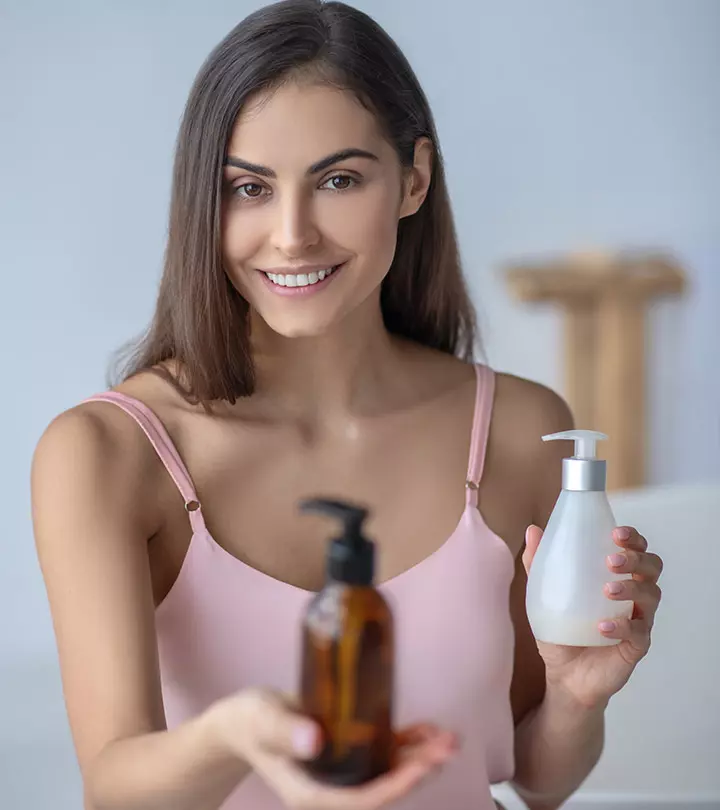
Image: Shutterstock
Some swear by serums, some bet their life on oils, while most of us (secretly) think they are both interchangeable. But some factors help distinguish between hair serums and hair oils. The purpose and benefits of using hair oils differ from those of a serum. Another difference is how both products work when applied to hair. Get to reading so you can tell a hair serum apart from a hair oil very easily and understand which of the two suits you the best.
In This Article
Hair Serum And Hair Oil: Are They Same?
No. Hair serums and hair oils are two different products. Both are applied to clean, dry, or damp hair, but they differ in several aspects. In the following sections, let’s understand the differences in detail.
Key Takeaways
- Hair serums add shine to your hair and protect it from the damage caused by brushing, heat styling, pollution, and UV exposure.
- Hair oils prevent tangles, control frizz, and hydrate and nourish your hair.
- Ensure you apply hair serum to freshly washed dry or damp hair before applying other styling products.
- You can use both hair oil and serum together if you have dry hair.
What Is Hair Serum?
is a silicone-based protective solution for the hair. It coats the outer surface of your hair to shield it from pollution, heat, and UV exposure. Hair serums add shine to your locks, giving them a lustrous finish. There are several benefits of using a hair serum.
The Benefits Of Using A Hair Serum
Hair serums:
- Smoothen your hair.
- Add shine to your hair.
- Protect your hair from heat styling and damage.
- Protect from the friction caused by brushing
- Protect your hair from pollution.
- Protect your hair from UV damage.
Using a serum is easy.
Follow the simple steps mentioned below.
How To Apply Hair Serum
- Take a few drops of the serum according to your hair length.
- Flip your hair and start applying the serum from the tips to the roots.
- Focus more on the hair ends.
Always apply hair serum to freshly cleaned dry or damp hair. In the next section, find out the best time to use a hair serum.
When To Use A Hair Serum
Always use hair serums on the days you wash your hair. Apply hair serum when your hair feels dry and frizzy. However, remember to apply it before applying other hair styling products.
In the following section, let’s understand what is hair oil and how it differs from hair serum.
What Is Hair Oil?
Unlike hair serums, hair oils do not sit on the hair but penetrate the cuticles to nourish the hair from within. They are multipurpose products that strengthen the hair, keep it lubricated for easy detangling, and shield the strands to prevent heat damage. Hair oils nourish your scalp, prevent dryness, and fight frizz to give you soft and smooth hair. They have multiple benefits.
The Benefits Of A Hair Oil
Hair oils:
- Prevent tangles.
- Act as heat protectants and shield your hair from heat styling tools.
- Add shine to your hair and control frizz.
- Are an excellent solution for split ends.
- Lubricate, hydrate, and nourish your hair.
When applying hair oils, even distribution is crucial. You need to do it correctly to enhance its effectiveness and get better results compared to using hair serum alone. Follow the simple steps in the next section:
How To Apply Hair Oil
- Divide your hair into sections.
- Apply the hair oil to your scalp.
- Massage the scalp with your fingers for 5-10 minutes.
- Take some more oil if necessary and spread it evenly across the hair length.
- Cover each strand and focus on the hair ends.
- You may cover your head with a warm towel.
- Leave it on for 30 minutes. You may wash it off later.
You can apply hair oil to damp or dry hair. You can also apply a few drops of oil to your hair from mid-length to the ends. The oil adds shine to the hair and protects it from external aggressors. You can learn how to apply oil to hair in more detail here.
 Pro Tip
Pro TipWhen To Use A Hair Oil
You can apply hair oil on days when you will be shampooing your hair. On those days, go for a hot oil massage to prevent hair loss, dryness, and frizziness. However, if you want to use hair oil between the wash days, apply oil from the mid-lengths to the ends. Avoid the roots as it may cause excess grease.
If you are wondering whether you can use hair serums and oils together or not, read on to know the answer.
Can You Use Hair Serum And Hair Oil Together?
It depends on how your hair reacts to both products. If you have extremely dry and damaged hair, and if using serums and oils together does not weigh it down, you may use both.
However, it is best to use hair serums and oils separately. Before using them together, understand what your hair needs and in what proportion. This will prevent product wastage.
 Quick Tip
Quick TipMoreover, the hair needs time to absorb the products. It is better to test it on your hair and decide if using hair serums and oils will work for your hair. Both hair serums and hair oils are good for your hair. It is totally up to you which one you choose.
Hair Serum Vs. Hair Oil: Which One Is Better?
Choosing the right product is crucial, and using the correct oil or serum for hair can make a significant difference in achieving healthy, shiny locks. If your hair feels dry, dehydrated, and needs deep nourishment, use hair oil. However, if you want to style your hair and tame frizz instantly, you may use a hair serum. Both protect your hair and keep it healthy in different ways.
Infographic: DIY Serum Recipe For Silky Soft Hair
Hair serums do a world of good to your locks as they act as a shield and protect the hair from environmental hazards. They also prevent frizz and dryness. If you like using natural hair products as much as possible, you can prepare your own hair serum in the comfort of your home. Wondering how? Check out the following infographic for the recipe!
![DIY serum recipe for silky soft hair [infographic]](https://cdn2.stylecraze.com/wp-content/uploads/2021/01/DIY-Serum-Recipe-For-Silky-Soft-Hair-scaled.jpg.webp)
Hair serum and hair oil are two different products and serve different purposes. Serums are styling products and can add shine to your tresses and keep them smooth and manageable. On the contrary, hair oils nourish your scalp and hair, and improve their overall health. You need both the products to maintain healthy and shiny hair. Oils can be a part of your hair care routine, and serums can fit your hairstyling routine. We hope this article has helped clear your doubts. Depending on your hair needs, you can use both or either of them.
Frequently Asked Questions
Can I use hair serum every day?
Overusing anything that contains chemicals may cause harm sooner or later. Therefore, it is wise to avoid using hair serum every day.
Can I use coconut oil as a hair serum?
Coconut oil can be used as a silicone-rich hair serum. But make sure it is not weighing your hair down.
Can we apply oil after hair serum?
If your hair is extremely dry and frizzy, you can add a bit of oil to it after applying serum.
In this YouTube video, listen to skincare expert Dr. Dennis Gross as he outlines the distinctions between oils and serums. Click play to understand which to pick for your skin’s needs or if you need both for your routine.
Read full bio of Tere Pruett
Read full bio of Ramona Sinha
Read full bio of Anjali Sayee
Read full bio of Swathi E






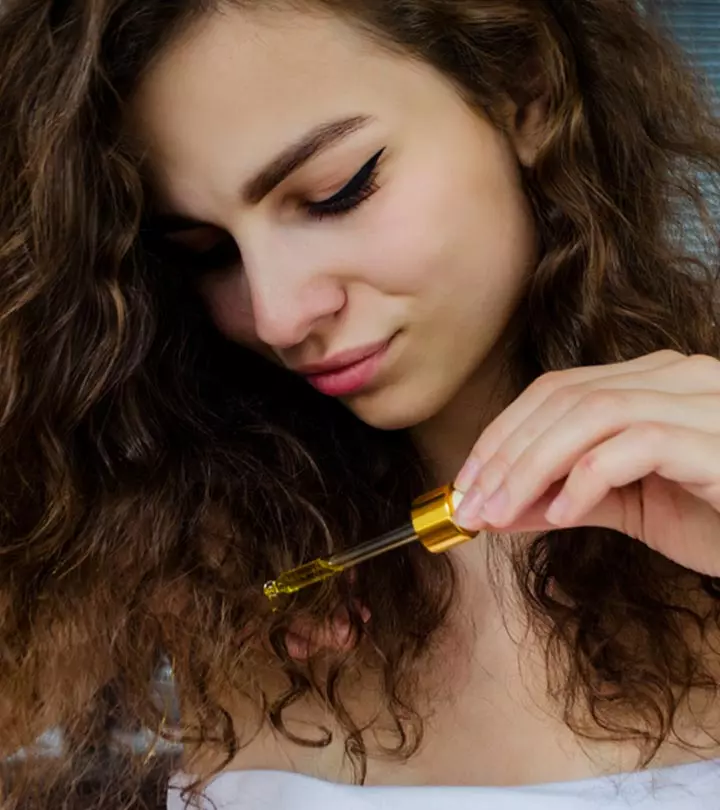

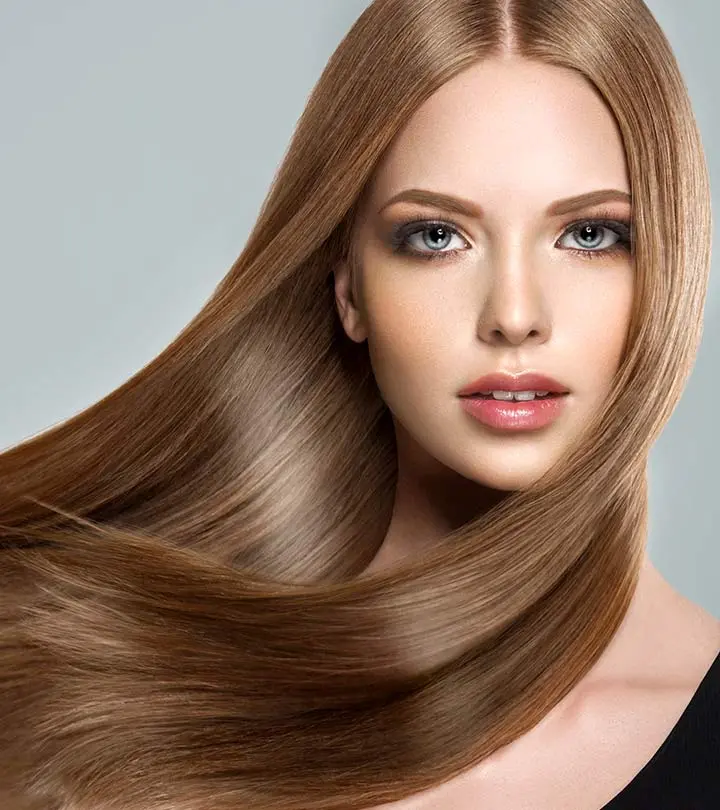

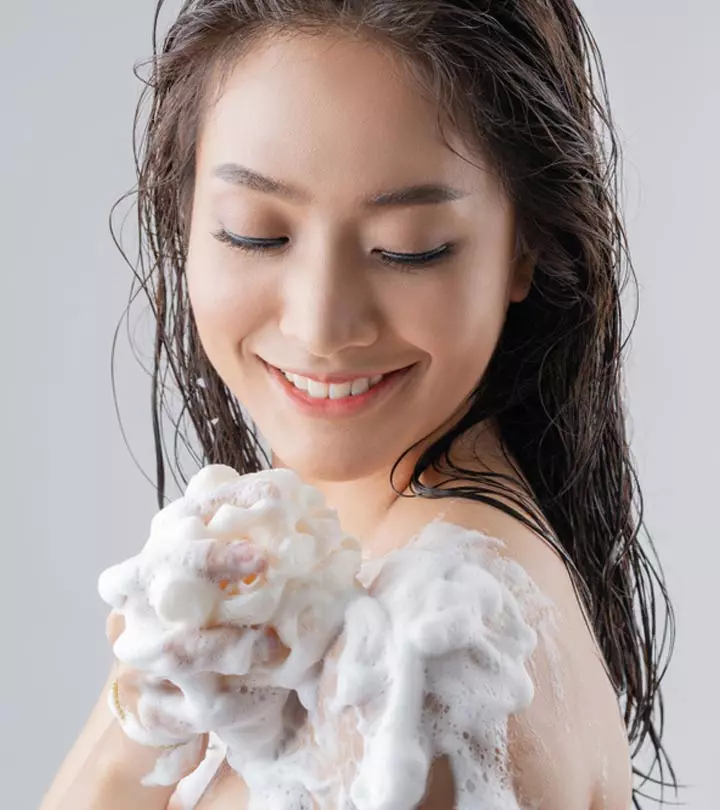
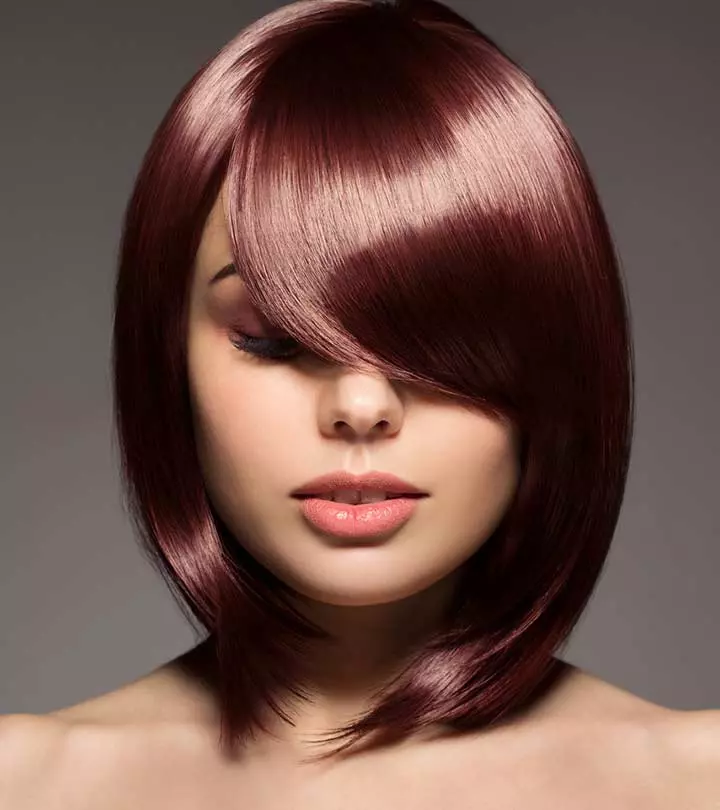
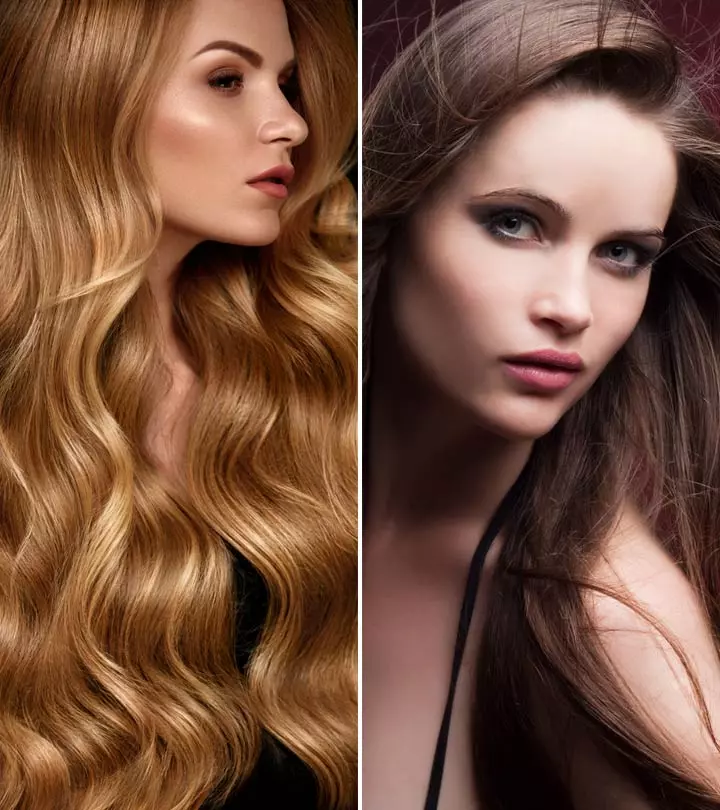
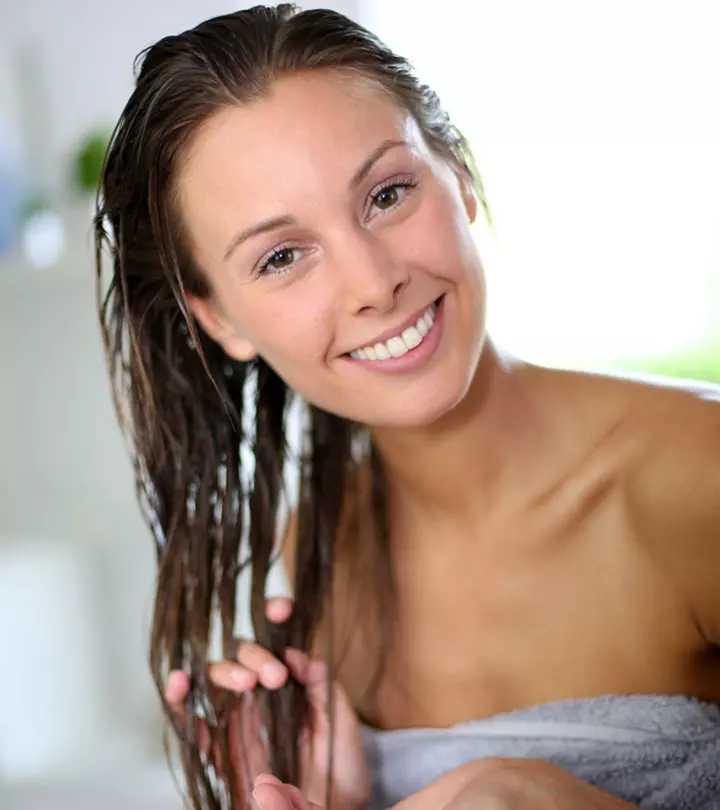

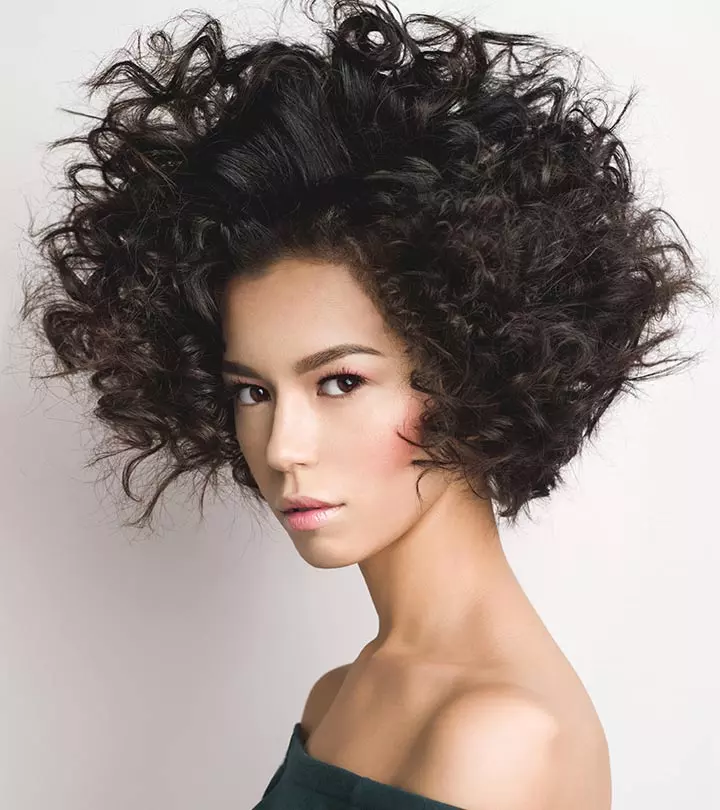
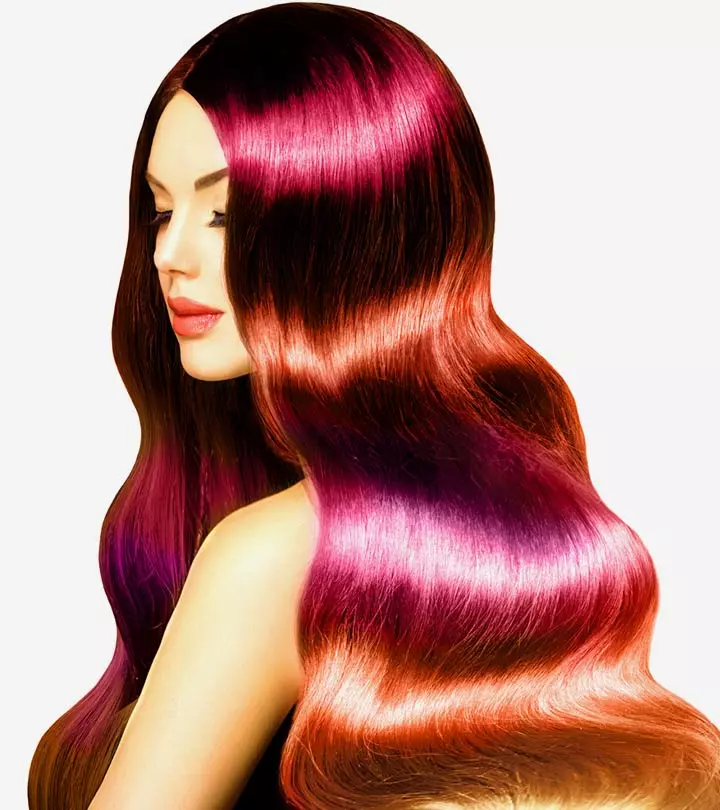
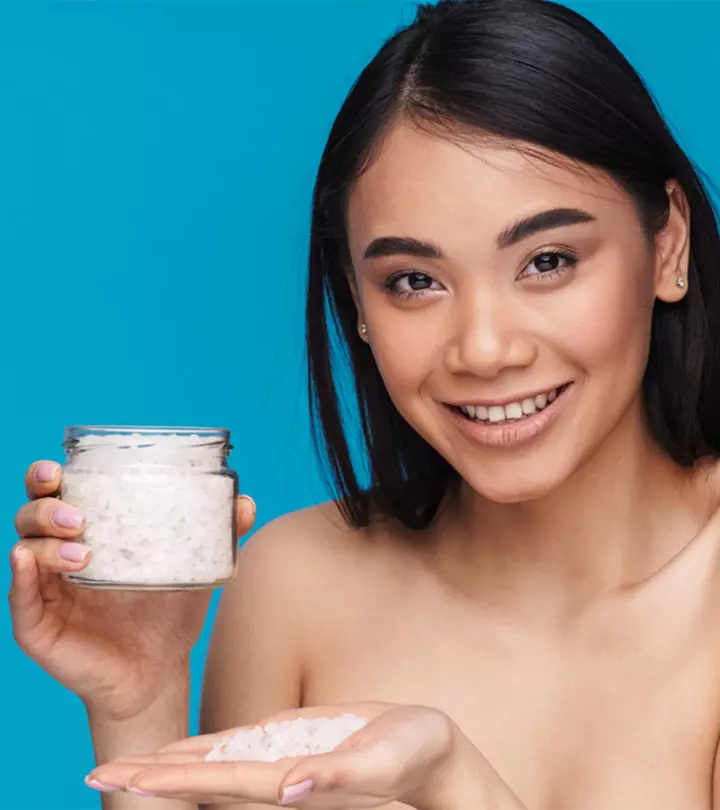
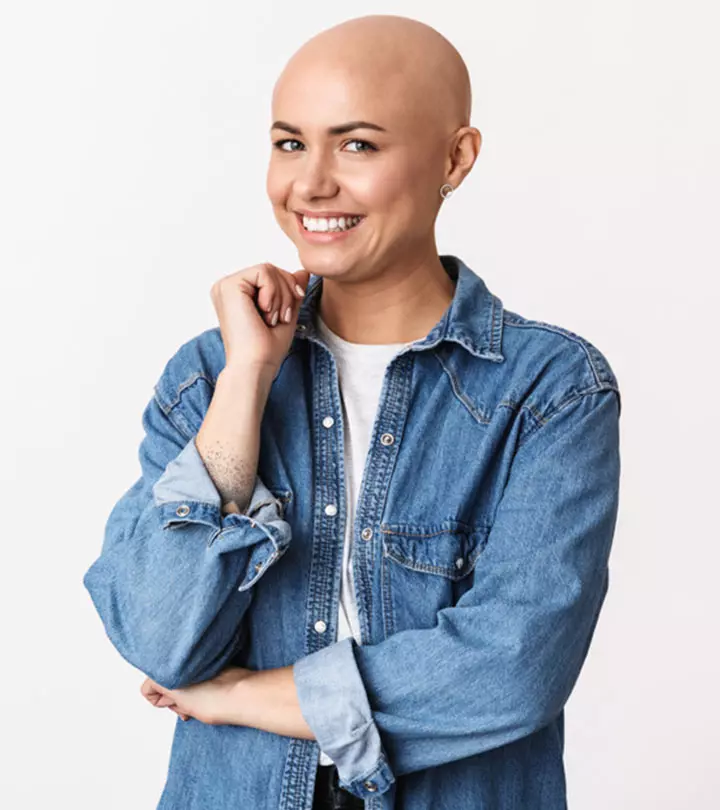

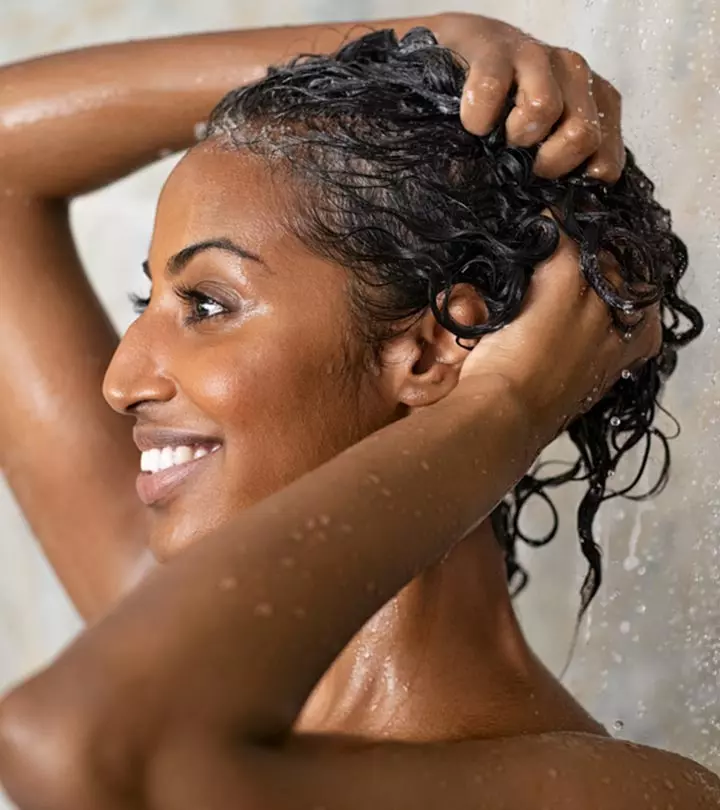
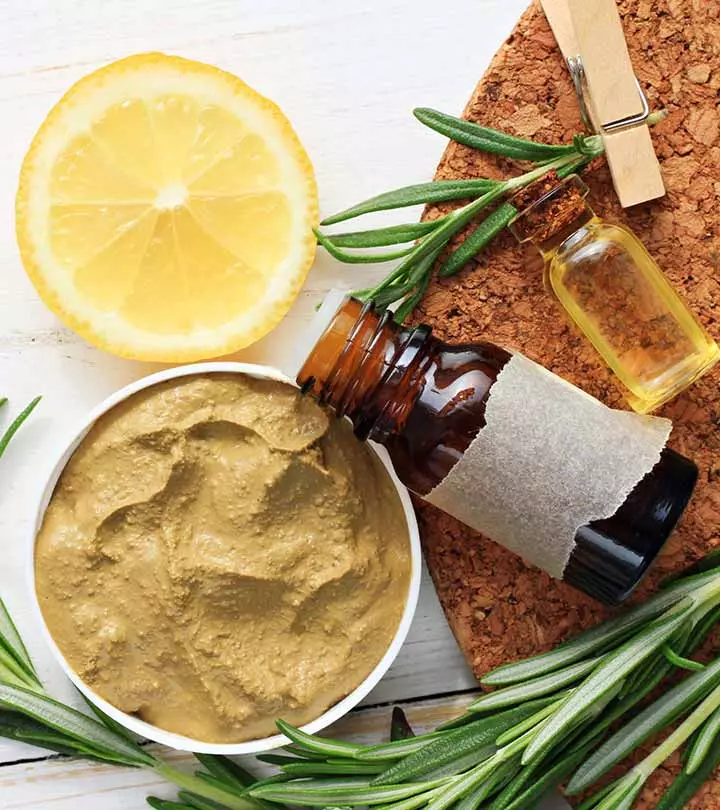
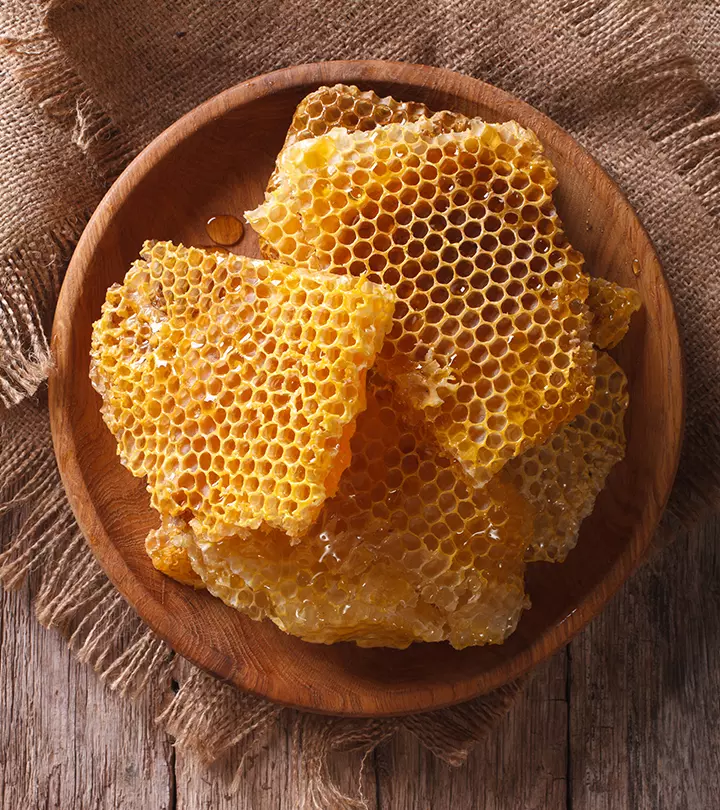
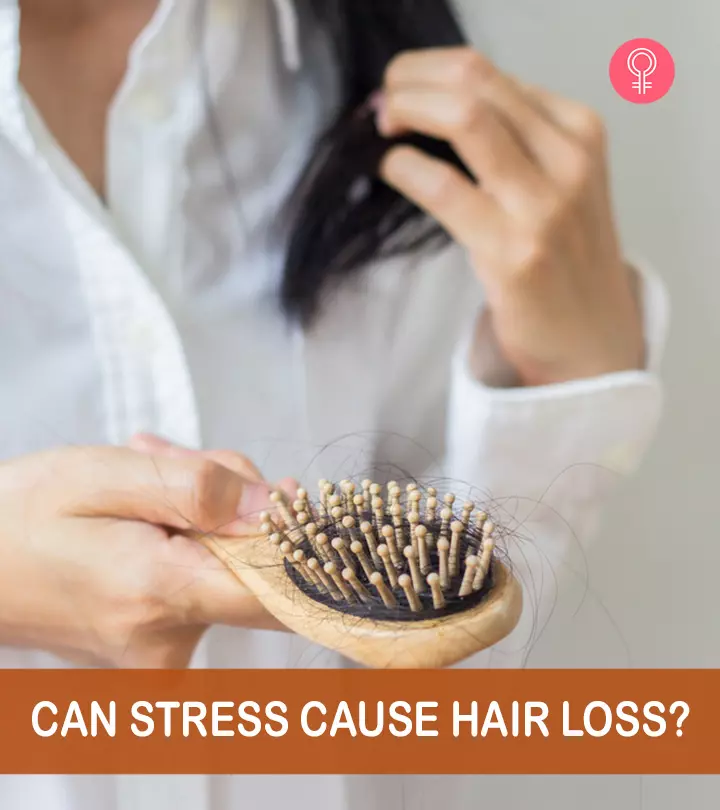
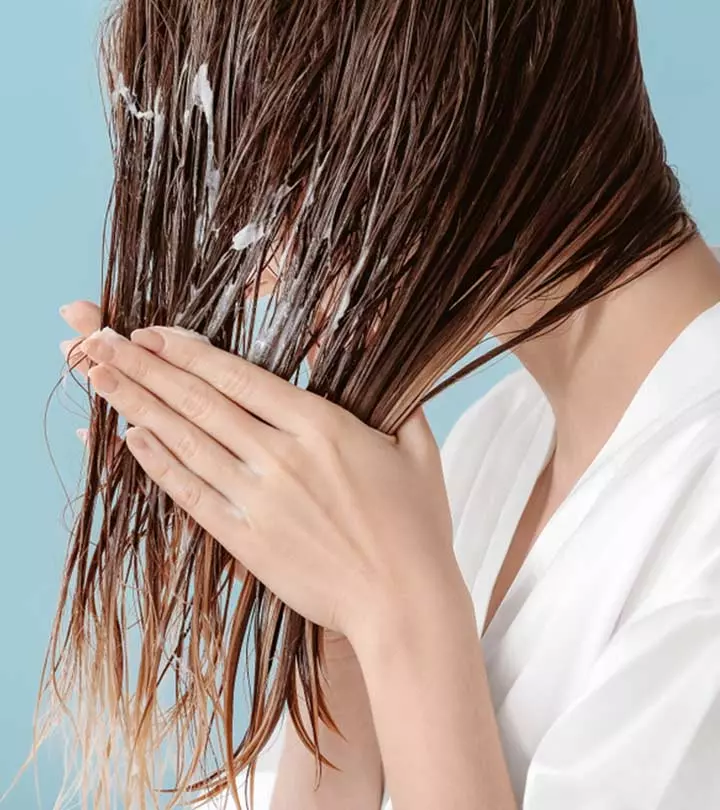
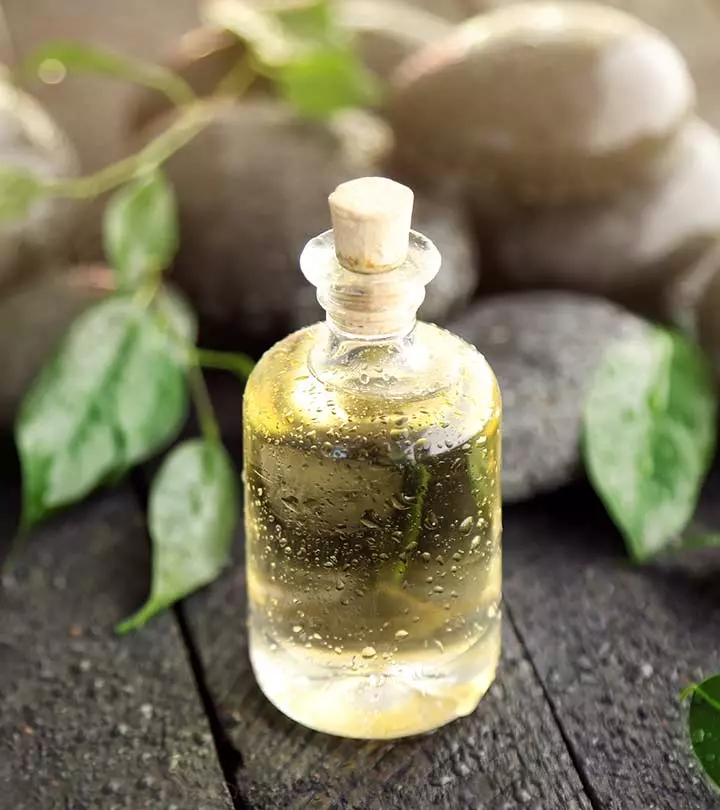
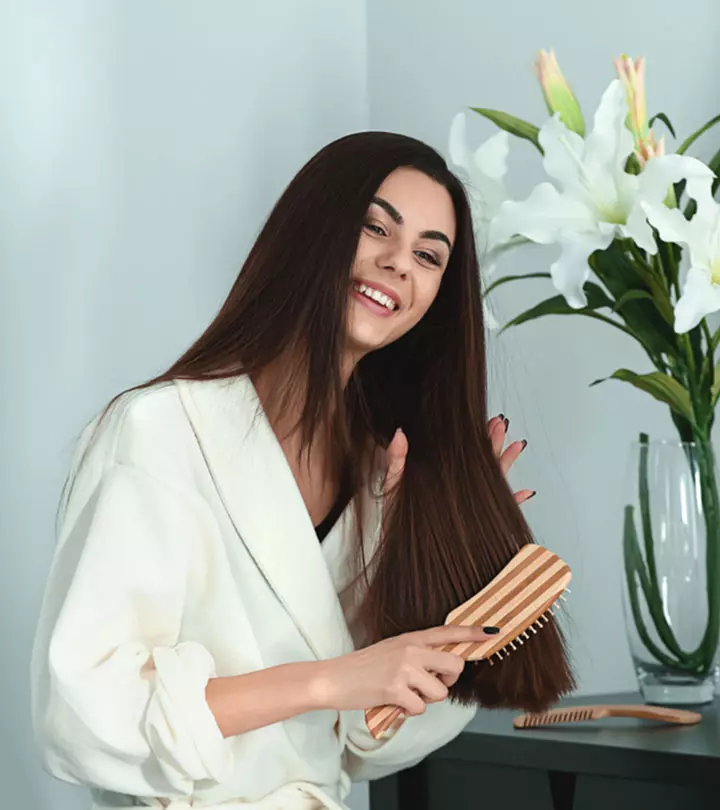
Community Experiences
Join the conversation and become a part of our empowering community! Share your stories, experiences, and insights to connect with other beauty, lifestyle, and health enthusiasts.